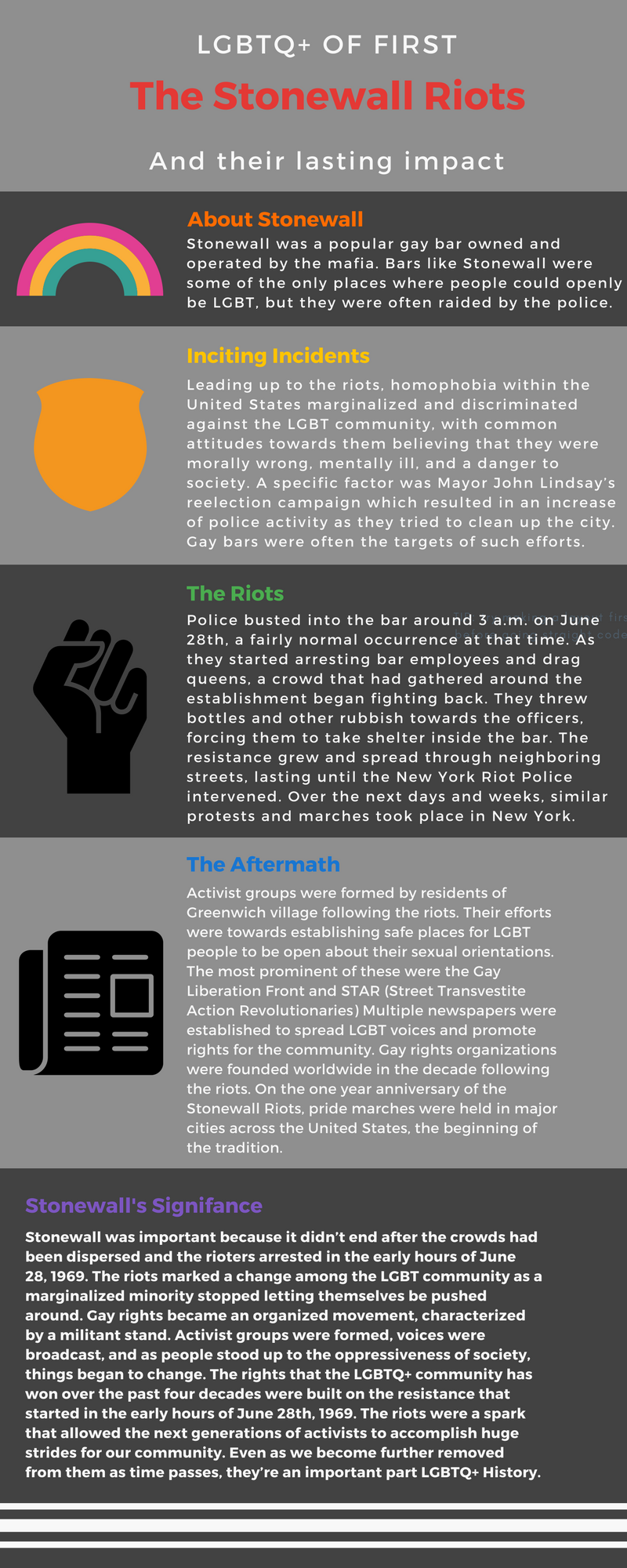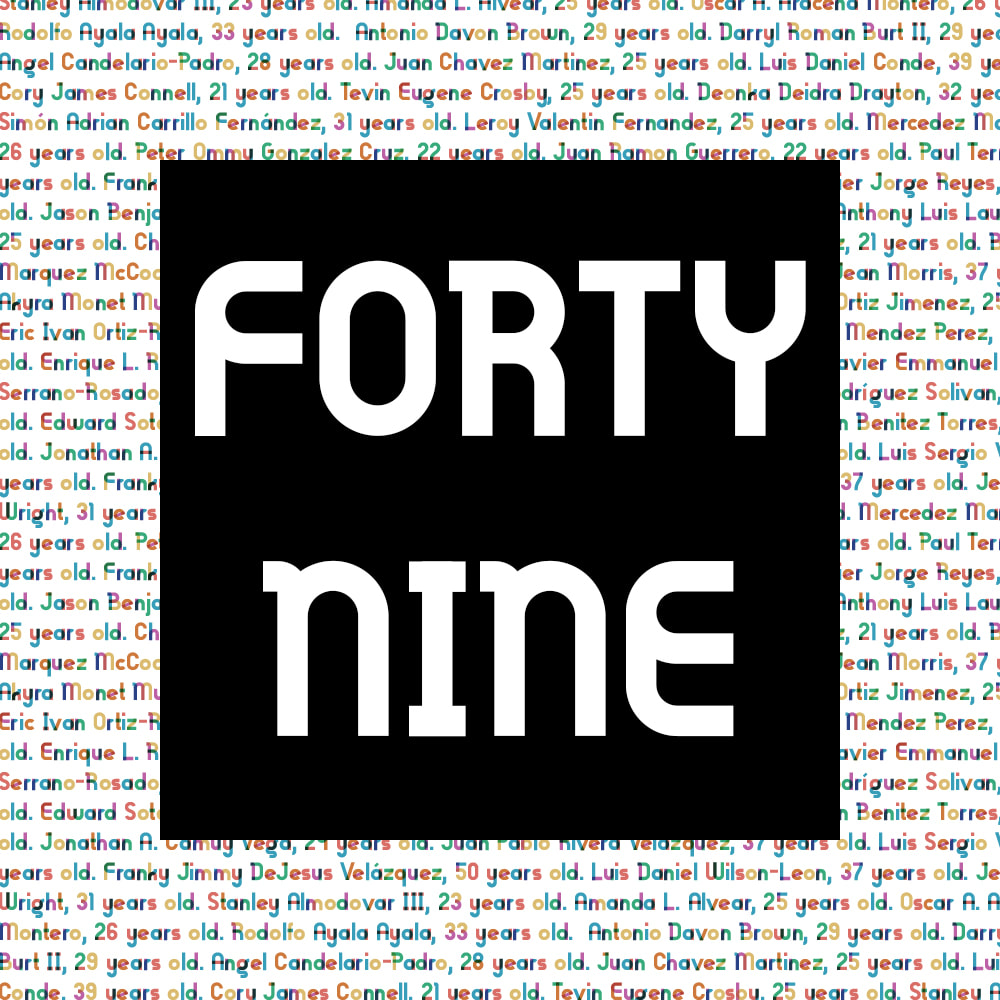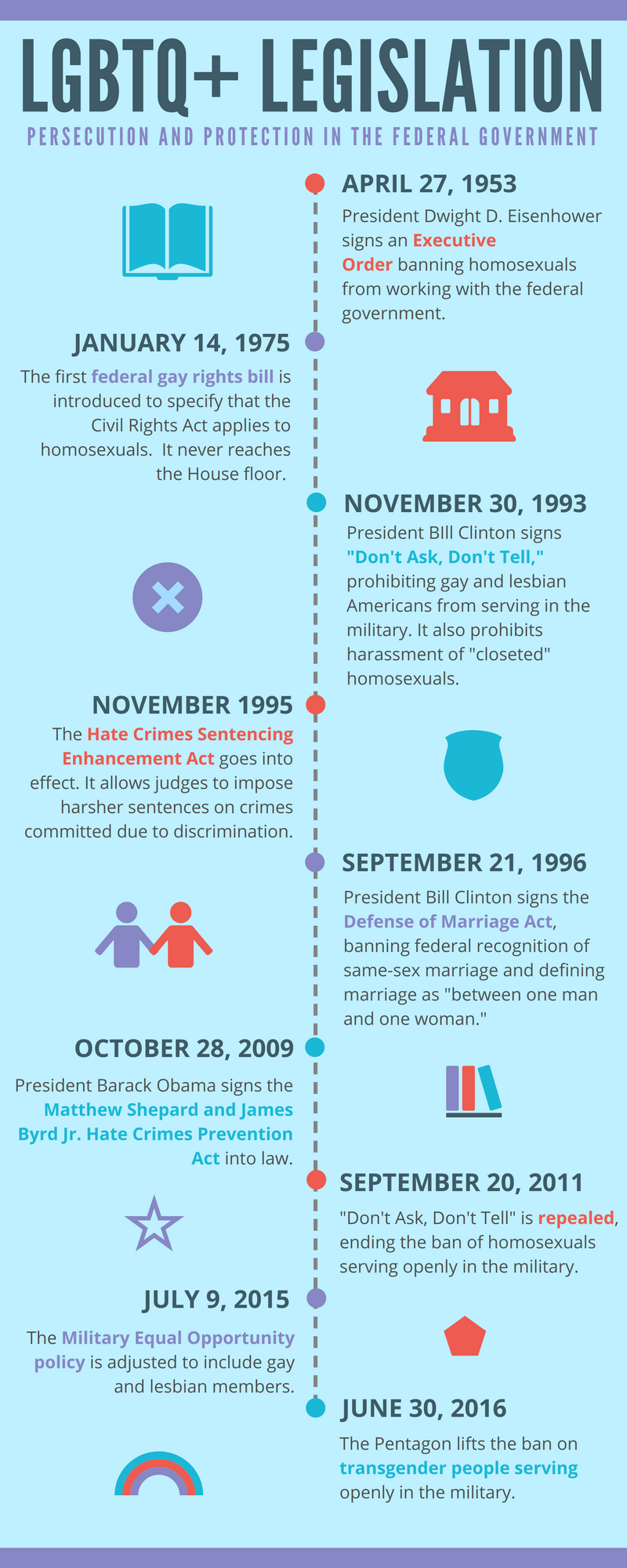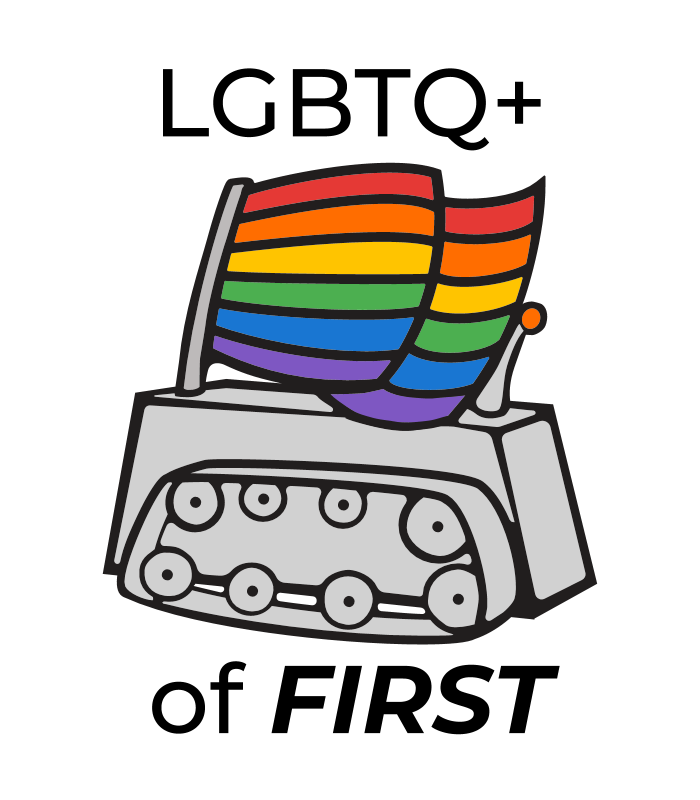|
Not so long ago, and for the first time, I watched the classic documentary The Times of Harvey Milk, about the first openly gay individual in California elected to public office.
Harvey was elected to the San Francisco Board of Supervisors on November 8, 1977. On November 27, 1978, at San Francisco City Hall, along with George Moscone, the Mayor of San Francisco, Harvey Milk was assassinated. The killer, Dan White, a former colleague of Harvey’s on the Board of Supervisors who had resigned his post just weeks before, was tried for capital murder. This could have earned him the death penalty. Instead, he was found guilty of manslaughter and served 5 years of a 7-year sentence before being paroled. Approximately 1 year and 10 months after his parole, Dan White committed suicide. What struck me about this film was not just the incredible story and the apparent injustice in the sentencing of Dan White, but the representation of what our culture was like at the time. California Proposition 6, also known as ‘The Briggs Initiative’ after its sponsor, John Briggs, was on the ballot in the November 1978 election. The language of the proposition, though convoluted, would have essentially prohibited the hiring of, and required the firing of, public school teachers for “public homosexual conduct”, a term defined so broadly that I think it would be hard for any homosexual, or even any what today might be called heterosexual ally, to not fall under the law’s purview. Here’s the thing, for me: this proposition, clearly discriminatory and unjust by today’s standards, nearly passed. In September of 1978, only two months before voting, polling showed it ahead. It was only through the extraordinary and determined efforts of Harvey Milk and a broad coalition of others opposed to the proposition, including then-Governor of California Ronald Regan, that it went down in defeat, with 58% voting against. I’ll admit that at least until I watched this extraordinary documentary, I was nearly wholly ignorant of the history of the LGBTQ+ movement. When I realized events such as this happened in my lifetime – I was 13 when the assassinations occurred – my eyes were opened just a bit more. If you haven’t seen The Times of Harvey Milk, even if you already know the story, I believe it’s worth a watch, and worth sharing your thoughts over. It’s powerful filmmaking in the service of an important part of history, history not just for the LGBTQ+ community, but for all. We remember, recognize and mourn the victims of the Pulse nightclub massacre on June 12, 2016. While we cannot honor the lives taken in such a tragedy with the justice they deserves, we can recognize them here.
In President Obama’s words to the families, “Our hearts are broken, too, but we stand with you and we are here for you, and we are remembering those who you loved so deeply.” The United States government has had a tormentalous history regarding LGBTQ+ people over the past sixty-five years. From persecution to protection, legislation affecting LGBTQ+ people has changed drastically, from banning homosexuals in the government to protecting them.
On April 27, 1953, President Dwight D. Eisenhower signed Executive Order 10450. Stating “any criminal, infamous, dishonest, immoral, or notoriously disgraceful conduct, habitual use of intoxicants to excess, drug addiction, or sexual perversion,” it was broadly interpreted and used to effectively ban gays and lesbians from the federal workforce. It wasn’t until the 1990’s when this order was lifted fully. The U.S. Civil Service Commission re-allowed gays and lesbians in federal civil service in 1975, while in 1977, the state department lifted a ban on gays in the Foreign Service. President Bill Clinton’s “Don’t Ask, Don’t Tell” policy allowed lesbians and gays a place once more in the military in 1995. Bella Abzug introduced a bill to Add Sexual Orientation to Federal Civil Rights Law on January 14, 1975. It was the first federal lesbian and gay rights bill in the federal government, and intended to apply the Civil Rights Act of 1965 to protect sexual orientation. It never reached the house floor. Don’t Ask Don’t Tell, signed into law November 30, 1993 by Bill Clinton, prohibited the military from discriminating against closeted homosexual or bisexual service members. However, openly homosexual or bisexual people were banned completely from military service reasoning that “would create an unacceptable risk to the high standards of morale, good order and discipline, and unit cohesion that are the essence of military capability.” Members who spoke about homosexual relations could be rapidly discharged. In November 1995, the Hate Crimes Sentencing Enhancement Act is added and enacted as an amendment to the Violent Crime and Law Enforcement Act of 1994. Passed by the 103rd Congress, it allowed harsher penalties for hate crimes, especially those based on disability, gender, and sexual orientation and which occurred on federal property. The Defense of Marriage Act, signed November 21, 1996, defined marriage as between a man and a woman in regards to federal law. It allowed states to refuse to recognize same-sex marriages officiated in other states or countries, and effectively banned same-sex partnerships from receiving federal marriage benefits awarded to heterosexual couples. Section 3 specified non-recognition of same-sex marriages in federal government, immigration, bankruptcy, joint tax returns, social security survivors’ benefits, certain federal protections, financial aid eligibility, and ethics laws. President Obama’s administration brought forth the Matthew Shepard and James Byrd, Jr., Hate Crimes Prevention Act on October 28, 2009, which expanded a 1969 federal hate crime law to include gender, sexual orientation, gender identity, or disability based motivation. It removed requirements such as victims having involvement in federal activities such as voting, and allowed federal authorities to pursue hate crimes investigations that localities had abandoned. Furthermore, it provided funding to help state and local agencies investigate hate crimes, and required the FBI to track gender and gender identity based hate crime statistics. In December 2010, the Don’t Ask, Don’t Tell Repeal Act which banned openly gay, bisexual, and lesbian members from service. It went into effect on September 20, 2011 after an extended period of preparation, as Pentagon and military leaders were reluctant to lift the ban while in the midst of war. The Pentagon also trained over 1.9 million of the 2.2 million military members on proper conduct around their fellow gay, bisexual, and lesbian servicepeople. Additionally, the military began to look into giving same-sex couples limited health, housing, and legal benefits. The Military Equal Opportunity Policy was updated to include gay and lesbian servicemembers on July 9, 2015, as revealed by Defense Secretary Ash Carter. It “ensures that the department, like the rest of the federal government, treats sexual-orientation-based discrimination the same way it treats discrimination based on race, religion, color, sex, age and national origin.” On June 30, 2016, Defense Secretary Ash Carter announced that the Pentagon had lifted the ban on transgender service members. Estimations range from affecting about 0.1% of the 2 million member military, or about 2000 service members to over 12000 members. Full implementation is expected by July 1, 2017. Sources: x x x x x x x x x During the 2017 build season I came out to my team as transgender. The team was fine with it, extremely supportive even. The mentors, not so much. They didn’t say much about it, or acknowledge it even. I suppose worse could have happened. All was well until time came for an away regional. They were intending to put me in a boys room, and I of course was very very uncomfortable and unhappy about this. Luckily, I have fantastic friends that stood up for me and got them to change their minds about it. They ended up putting me in my own room alone and away from everyone else. This was preferable to a guys room, though I was still pretty unhappy with my situation because I was away from my friends. At this point, however, I was willing to take anything that wasn’t a boys room.
When the time came for competition, they again asked me if I wanted a boys room, it seemed as if they were pushing me towards going in to one. I refused of course, and the mentor who asked me seemed grumpy about it. At that moment I asked if there was absolutely no way I could stay in the girls room(my gender is female), and to this question, his response was :”No, of course not. Out of the question”. I was again upset by this, but I was grateful they didn’t force me into a boys room. What got me really pissed off was that the ‘girls’ room was comprised of one girl, one nonbinary person, and a trans guy. They put a boy in the girls room over me. The guy in question didn’t want to fight them, and was more uncomfortable being in a guys room for understandable reasons, so he just decided to stay in the girls room. The whole point of this story wasn’t just to share a negative experience, but I would not have gotten any accommodation had it not been for my friends who stood up for me and did what I was too timid to do for myself. Eventually, I was able to stand up for myself, but this was after my friends had supported me. I guess what I am saying is, if your mentors are refusing to yield, don’t back down from them. The only way you can get what you want is by fighting for your rights. – Julia On May 20, 2017, STORM Robotics hosted its first annual FIRST Compass, an event where teams can give or watch presentations about different subjects in robotics. Representing LGBTQ+ of FIRST, Jaye and Sean presented this slide show to help teams in the MAR region and MAR itself learn how to be more inclusive to LGBTQ+ FIRST participants.
Since numerous teams seemed interested, LGBTQ+ of FIRST is sharing this presentation for all FIRSTers, especially those outside the MAR region and those who missed the event. Every LGBTQ+ students deserves a welcoming and inclusive environment. |
About LGBTQ+ of FIRST
LGBTQ+ of FIRST is a student run organization that advocates awareness and acceptance of LGBTQ+ students, mentors, and volunteers of FIRST Robotics. LGBTQ+ of FIRST reaches out to over 1000 members across the FIRST regions and fronts multiple outreach endeavors. Archives
June 2024
Categories
All
|





 RSS Feed
RSS Feed
